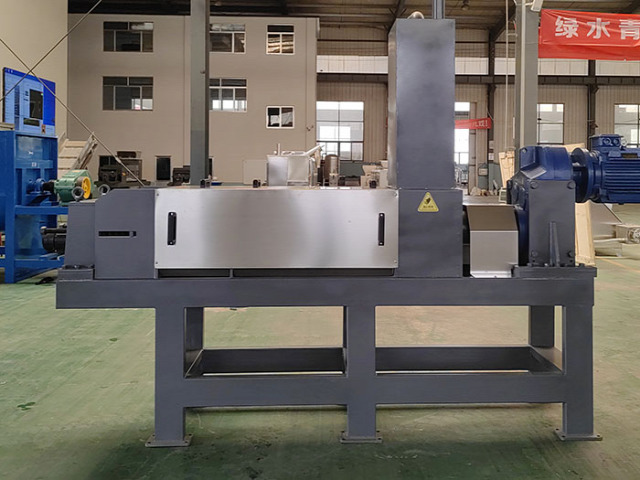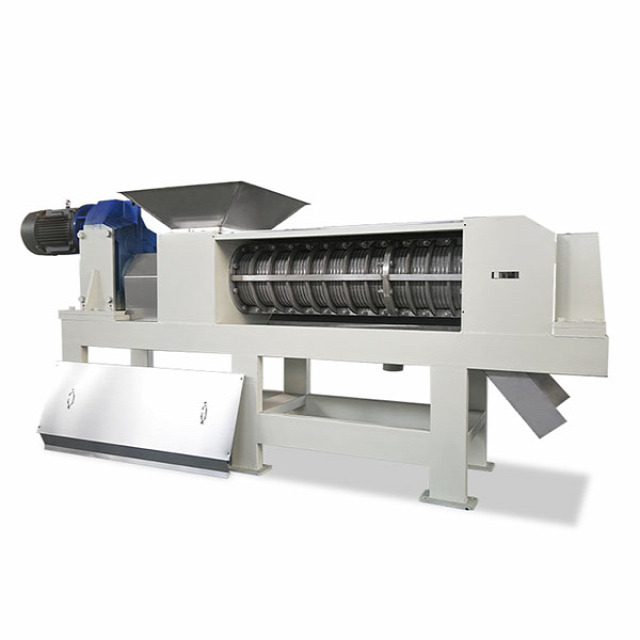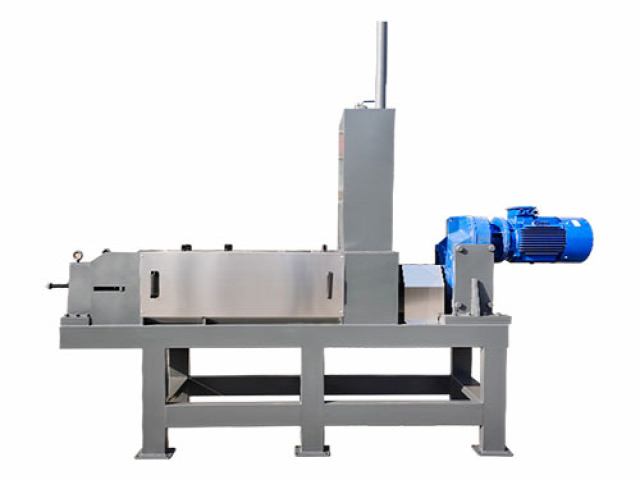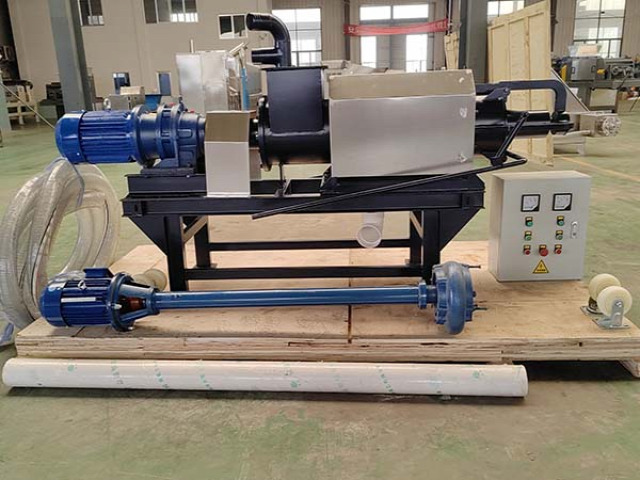In the vast landscape of industrial processes, the separation of solids from liquids stands as a fundamental challenge. Whether in wastewater treatment, mining, agriculture, or food processing, this separation is essential to recover valuable resources, ensure environmental compliance, and streamline operations. Tianzhong Machinery, a frontrunner in engineering innovative solutions, introduces two cutting-edge technologies for solid-liquid separation: the sloped screen separator and the screw press dewatering machine. This article takes a comprehensive look at these advancements that have transformed the efficiency of the separation process across various industries.
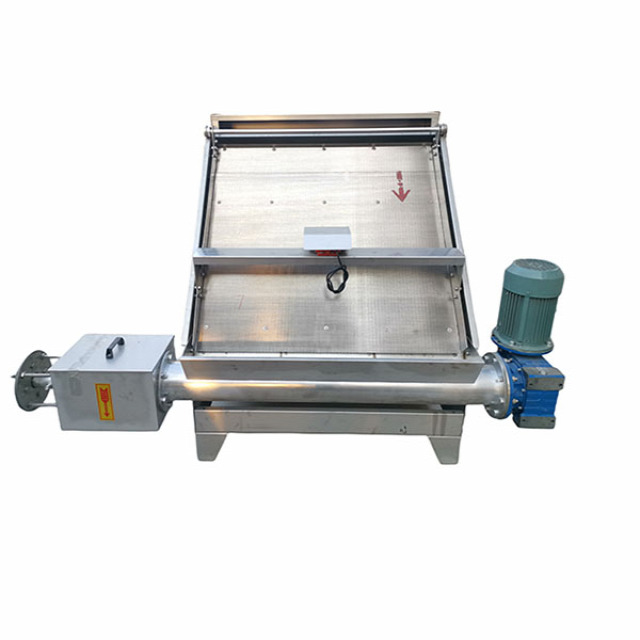
Need for Solid-Liquid Separation
Across industries, the coexistence of solids and liquids in mixtures poses numerous challenges. From impeding the quality of liquids to hindering downstream processes, the presence of solids can lead to inefficiencies and increased costs. For instance, in wastewater treatment plants, suspended solids need to be removed to meet discharge standards. Similarly, in agriculture, the separation of manure into nutrient-rich solids and reusable liquids is crucial for sustainable practices.
Sloped Screen Separator
The sloped screen separator from Tianzhong Machinery is an innovation that simplifies the separation process by leveraging gravity and mechanical forces. This technology involves passing the mixture through an inclined screen or sieve, where solids are retained while clarified liquids pass through. The key features and benefits of this equipment are noteworthy:
1. **Customizable Slope:** The ability to adjust the screen's slope is a standout feature. This flexibility enables operators to fine-tune the separation process according to the specific characteristics of the mixture, enhancing efficiency.
2. **Energy Efficiency:** The sloped screen separator is engineered for low energy consumption. This aligns with the growing demand for sustainable practices and cost-effective solutions that don't compromise performance.
3. **Ease of Maintenance:** The design prioritizes easy maintenance and cleaning, reducing downtime and ensuring continuous operation. This factor significantly contributes to the overall operational efficiency of the process.
4. **Versatility:** Whether it's agricultural slurries or industrial effluents, the sloped screen separator adapts to diverse applications, underscoring its versatility and wide-ranging impact.
Screw Press Dewatering Machine
In scenarios where high-moisture solids pose a challenge, the screw press dewatering machine comes to the forefront. Industries such as food processing and wastewater treatment benefit immensely from this equipment, which offers:
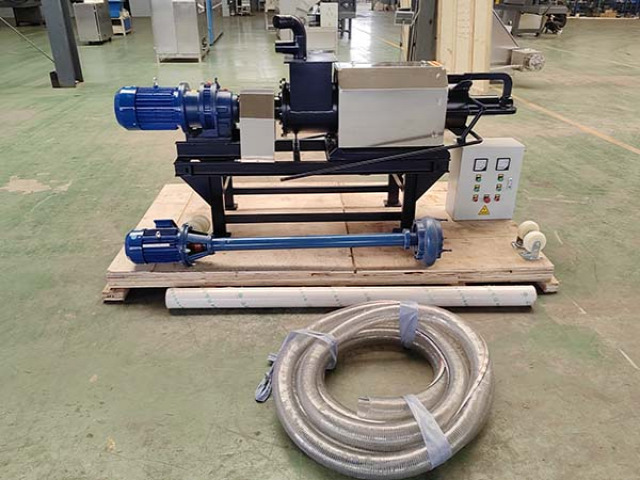
1. **Continuous Operation:** Operating continuously, the screw press dewatering machine ensures a consistent output of dewatered solids. This reliability is critical for industries that rely on seamless production processes.
2. **Efficient Dewatering:** Combining mechanical pressure with the rotational force of the screw, this machine achieves remarkable dewatering rates, reducing moisture content significantly and facilitating efficient waste management.
3. **Space Optimization:** The compact design of the screw press dewatering machine makes it ideal for installations with space limitations. Its small footprint does not compromise its performance, making it a versatile choice across facilities.
4. **Environmental Impact Reduction:** By minimizing moisture content, the machine reduces waste volume, aligning perfectly with sustainable practices and responsible waste disposal.
Conclusion
The challenges posed by the coexistence of solids and liquids in industrial processes require innovative solutions, and Tianzhong Machinery delivers with the sloped screen separator and the screw press dewatering machine. These advancements revolutionize solid-liquid separation, offering customizable and efficient solutions across industries. By optimizing processes, reducing waste, and promoting sustainable practices, Tianzhong Machinery establishes itself as a key player in enhancing operational efficiency while fostering environmental responsibility. As industries evolve, the importance of effective solid-liquid separation continues to grow, and Tianzhong Machinery remains at the forefront of this critical endeavor.


